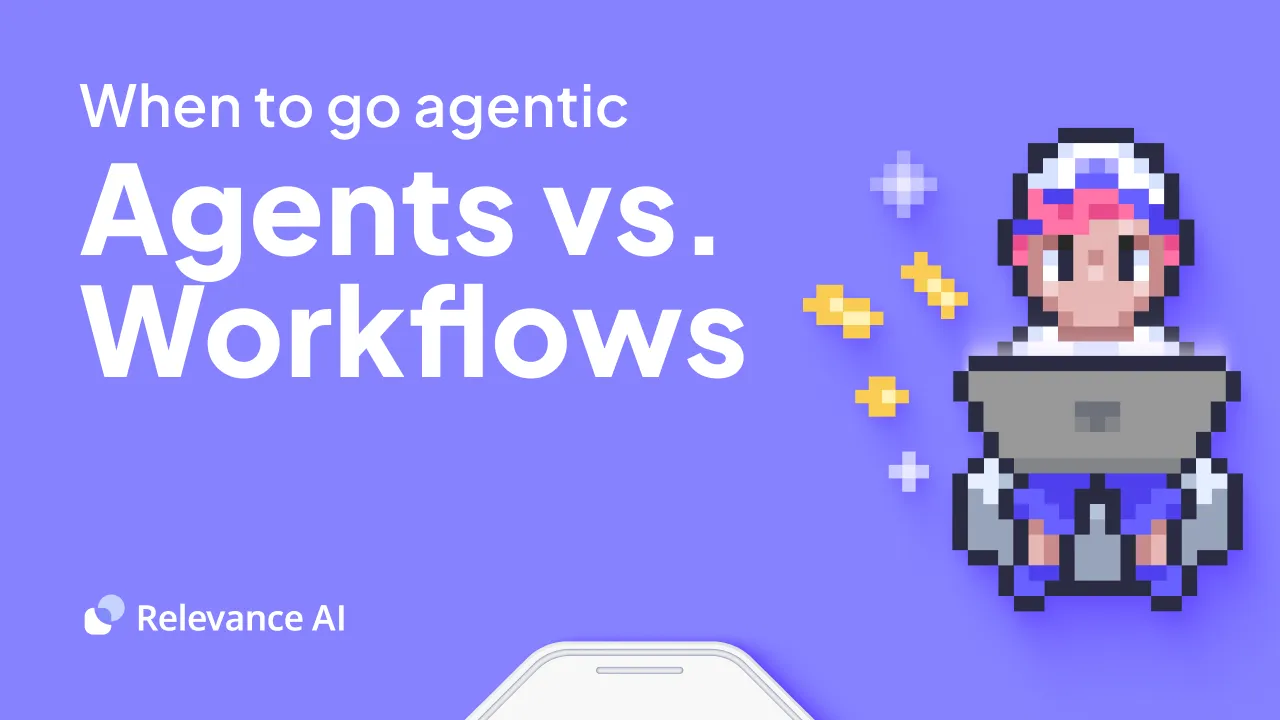Sales coaching is the process of guiding sales representatives to improve their selling skills and achieve increased productivity and revenue growth. Traditionally, sales coaching has been a manual process relying on sales managers listening to calls, providing feedback, and conducting regular one-on-one meetings. However, this approach doesn’t scale as sales teams expand. Artificial intelligence (AI) is transforming sales coaching by enabling personalized and data-driven experiences for entire revenue teams.
What are Sales Coaching Tools?
Sales coaching tools refer to software that helps managers coach their teams. These tools go beyond traditional customer relationship management (CRM) systems to focus specifically on rep development. Capabilities offered in sales coaching systems include:
- Conversation Intelligence - Analyzes recorded sales calls to provide insights into rep performance, communication style, talk-to-listen ratios, and more. This allows managers to efficiently coach reps on areas of improvement.
- Microlearning - Delivers bite-sized training videos and quizzes to reps based on strengths and weaknesses uncovered in call analysis. This drives rapid skill development.
- Goal Setting - Provides a system to set individual rep goals, track progress over time, and align on growth areas. This motivates continuous improvement.
- Sales Analytics - Compiles data on rep performance metrics like calls made, meetings set, opportunities created, and deals closed. Advanced analytics fuel fact-based coaching.
Top AI-Powered Sales Coaching Tools
Leading providers of AI sales coaching platforms include:
- Chorus - Uses conversation intelligence to analyze sales calls and provide insights into customer interactions. Managers assign training materials based on rep strengths and weaknesses.
- Gong - Automates insights from sales calls and CRM data to highlight areas for coaching. Reps access microlearning content within the platform to self-correct.
- MindTickle - Gamifies sales readiness with microlearning content, role-playing exercises, and analytics on knowledge retention. Managers can track progress.
- LevelJump - Set aligned goals for managers and reps tied to incentive plans. Software tracks real-time progress towards quotas and other KPIs.
- SalesLoft - Records sales calls and integrates with popular CRM platforms. Managers can efficiently coach reps by reviewing top interactions.
The Promise of AI-Powered Coaching
Applying artificial intelligence to sales coaching unlocks new levels of personalization, efficiency, and performance. AI can analyze every sales call, email, and meeting to uncover trends human managers would never spot on their own. Reps receive tailored recommendations to improve communication style, discovery process, and closing techniques.
Conversation intelligence eliminates manual call reviews freeing up managers to focus on high-impact coaching. AI surfaces the interactions that managers should listen to rather than forcing them to pick recordings at random. This ensures coaching time targets areas of critical need.
Microlearning powered by AI identifies skill gaps and pushes relevant training to each rep. Short videos and quizzes delivered within existing workflows drive adoption and retention of new selling methodologies. And gamification keeps reps engaged competing against their peers.
Proving the ROI of AI Sales Coaching
While AI coaching tools often require significant upfront investment, the returns typically outweigh the costs. Software capabilities that quantify improvements include:
Sales Analytics - Platforms track standard productivity metrics before and after adoption to prove increases in calls made, meetings booked, and opportunities created.
Revenue Impact - Advanced tools directly correlate coaching insights and training consumption with closed deal sizes. This financial ROI motivates ongoing usage.
Rep Satisfaction - Surveying sales teams measures increases in competency, confidence, and job satisfaction. Happier reps stay longer and sell more.
Manager Efficiency - Leaders quantify time savings from conversation intelligence and automated insights. This allows them to coach more reps and drive bigger team impacts.
Best Practices for AI Sales Coaching
Organizations looking to implement AI sales coaching tools should focus on key best practices:
- Define Success Metrics - Set KPIs like monthly sales conversations, won deals, and revenue attainment to track improvements.
- Get Executive Buy-In - Educate leadership on expected ROI and get their vocal support to drive adoption.
- Personalize Experiences - Leverage AI to provide customized recommendations and training for each rep based on their unique needs.
- Promote Friendly Competition - Create contests around usage and performance to increase engagement with coaching content.
- Continuously Optimize - Use analytics from the platform to refine coaching processes and content over time based on what's working.
The Future of Sales Coaching
AI is the catalyst that makes scalable and impactful sales coaching achievable for modern revenue teams. As the technology continues advancing, expect even more personalized insights and automated recommendations for improvement. Sales leaders will be empowered to replicate their best performers using AI guidance.
The future vision is an integrated experience where reps access relevant coaching and training seamlessly as they work. Conversation intelligence will provide real-time guidance during sales calls, emails will be optimized by writing assistants, and virtual reality will enable practicing high-stakes conversations.
AI sales coaching tools represent the cutting edge for driving revenue growth through people development. Organizations that embrace these technologies will unlock productivity and skill gains that outpace the competition now and in the years ahead.
Getting Started with AI Sales Coaching
Implementing an AI sales coaching system represents a significant change for many revenue teams. Following structured best practices ensures a successful rollout:
Phase 1: Set Goals and KPIs
Clearly define quantitative targets upfront tied to business outcomes. Common metrics include calls per rep per day, meetings booked, pipeline created, and sales cycle times. These provide the benchmarks to track program success.
Phase 2: Develop Content Foundation
Work internally and with your platform provider to build an initial library of microlearning content and role-play scenarios tailored to your selling methodology. This content will expand over time.
Phase 3: Train Managers
Educate sales leaders on how to utilize conversation intelligence and analytics for fact-based coaching. Have them role-play common coaching conversations powered by platform insights.
Phase 4: Onboard Reps
Communicate the value proposition of AI coaching to reps and walk them through core platform capabilities. Gamify activities like call recording and content consumption to drive adoption.
Phase 5: Recognize Success
Continuously recognize top performers leveraging platform data and leaderboards. Use contests, incentives, and promotions to motivate engagement across all learner profiles.
Making AI Coaching Part of Culture
The best sales coaching programs powered by AI don't remain isolated systems. To drive a performance culture, bake key elements into your team’s daily workflows:
- Pre-Call Prep - Reps access relevant training content before client calls based on needs uncovered by analytics.
- In-Call Guidance - Real-time conversation intelligence capabilities provide live feedback to reps during calls.
- Post-Call Reviews - Automated call analysis identifies top interactions for rep review and surfaces coaching insights for managers.
- Ongoing Training - Microlearning assignments are integrated into rep daily schedules based on personalized skill gap analysis.
- Performance Management - Platform analytics and KPIs feed into periodic rep scorecards, rewards programs, and promotion decisions.
While adopting AI tools represents a change, over time data-driven and personalized sales coaching powered by technology becomes business as usual. The artificial intelligence fades into the background as the performance gains take center stage.
Sales Enablement Using Relevance AI
Watch this tutorial on how to query your sales enablement playbook using Relevance AI. We give you a walkthrough on how to do it using a basic template that you can customize and expand to your needs.















